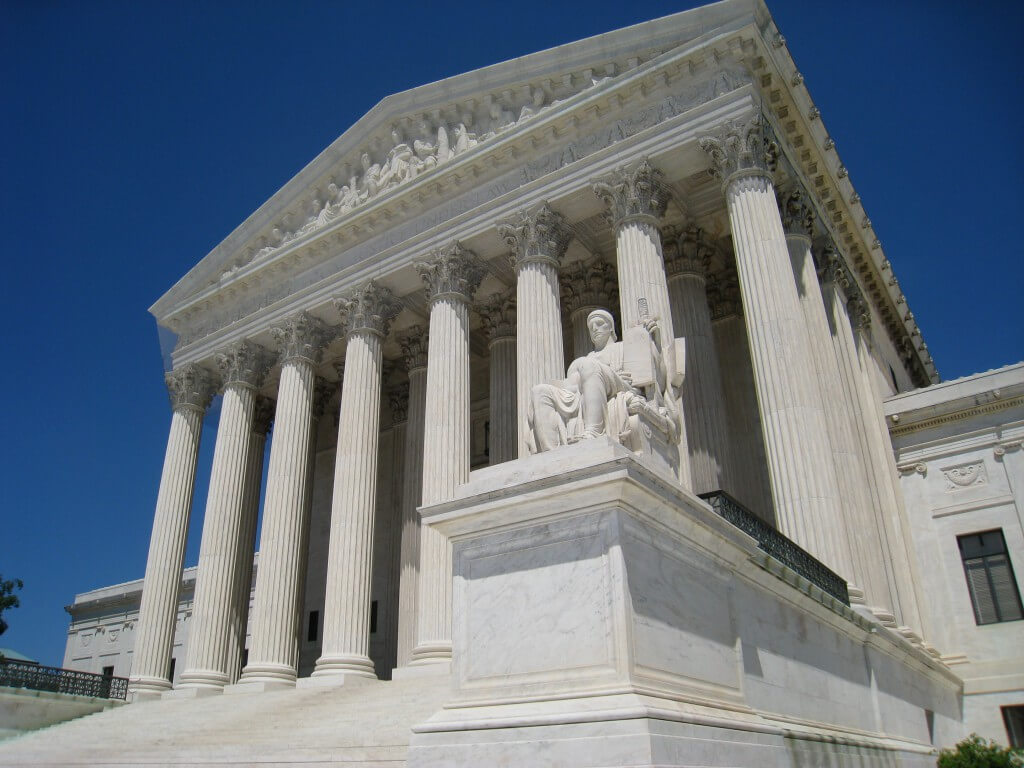
WASHINGTON — Supreme Court justices questioned lawyers Wednesday about whether tribal sovereignty over Indian reservations can be lost to non-Indian settlements in a case that could affect the territorial boundaries of Indian reservations and tribes’ rights to jurisdiction over that land.
Nebraska v. Parker involves an 1882 Act of Congress that authorized the sale of a small portion of the Omaha Tribe’s land in Nebraska to non-Indian settlers. The village of Pender is the only settlement on that land. After the Omaha Tribe imposed an alcohol tax on its reservation in 2004, Pender said it was not bound by the tax because the 1882 Act sets it outside the reservation’s boundaries. The village seeks a diminishment of the reservation’s territory, meaning the reservation’s border would stop at Pender.
Lower courts ruled in favor of the Omaha Tribe.
A Supreme Court preview notes that a ruling in favor of Pender also could mean that “the government may be viewed as ‘taking’ land from the Indian tribes, with all of the historical overtones that entails.”
The ruling could affect hundreds of Indian tribes with non-Indian towns on their reservations that were created under laws similar to the 1882 Act. If the court rules in favor of the Omaha Tribe, Pender residents fall under the tribe’s jurisdiction. If it rules against the tribe, the territory will be subject to federal and state law.
“It’s a big deal whether a Tribal Council has authority over us,” Allon Kedem argued for the state of Nebraska. “ We don’t get to vote for them. Their Constitution doesn’t even allow us to appear at their public meetings.”
Nebraska argued that for more than a century, more than 98 percent of the territory west of the right-of-way has been populated by non-Indians, the tribe has never exercised jurisdiction over the land and the state has governed the village . Attorney James D. Smith said this means there has been a de facto diminishment because the land has no Indian character.
But Paul D. Clement, representing the Omaha Tribe, argued that the 1882 statute used classic language for opening up territory without diminishing its borders. No legal finding supports the diminishment of territory, he said, and Congress allowed Indians to settle in any land on the reservation before selling the land.
Only Congress has the legal authority to diminish territory. What Congress intended in the 1882 Act became the crux of Wednesday’s argument.
“People who have believed they were living in a reservation for their whole lives can suddenly find themselves outside the reservation, subject to state jurisdiction in ways they weren’t before,” University of Connecticut law professor Bethany Berger, who wrote a brief in support of the tribe, said in an interview.


